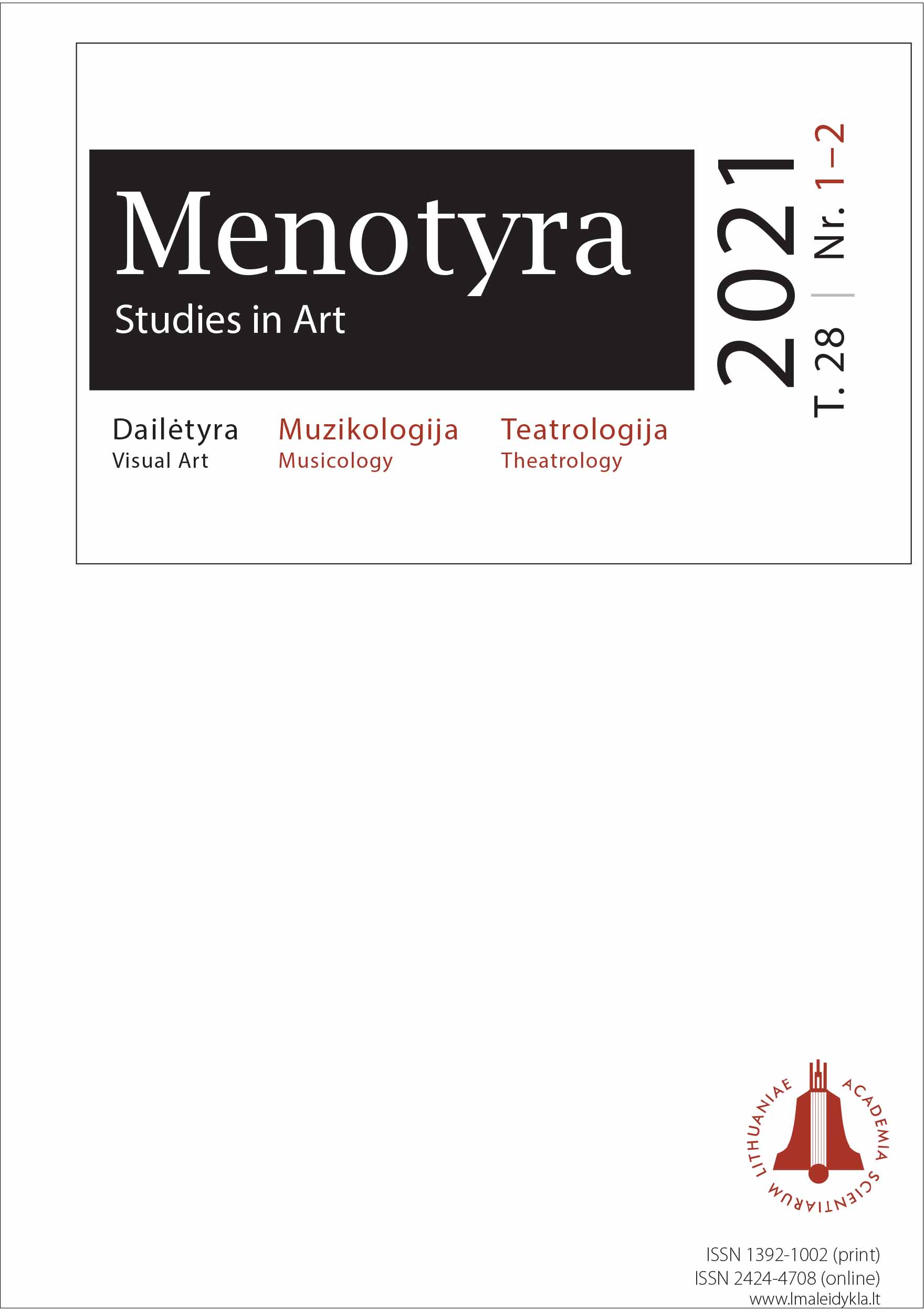Arnas Nadelis (1878–1943): modernios vokiškos-žydiškos tapatybės kūrėjas iš Vilniaus
Arno Nadel (1878–1943): A Contributor to Modern German-Jewish Identity from Vilnius
Author(s): Kamilė RupeikaitėSubject(s): Music, Recent History (1900 till today), History of Antisemitism
Published by: Lietuvos mokslų akademijos leidykla
Keywords: Arno Nadel; modern German-Jewish identity; Jewish liturgical music; Jewish folk song; the first half of the twentieth century;
Summary/Abstract: The phenomenon of Arno Nadel (1878–1943) is presupposed by his extremely diverse activities in art, scholarship, and musical journalism. A music arranger, musicologist, music journalist and collector, composer, choirmaster, pianist and organist, as well as a poet, playwright, painter and translator, Arno Nadel was born in a religious Jewish family in Vilnius and spent his first twelve years there. Having lived and studied in Königsberg for five years, in 1895 Nadel settled in Berlin, one of the largest centres of German Jewish cultural life before the National Socialists came to power in 1933. Nadel was murdered in Auschwitz in 1943. So far, his creative legacy has not been studied in Lithuania. The aim of this article is to bring Nadel back on the horizon of multinational Lithuanian cultural history and to review his contribution to the formation of modern German-Jewish identity in the context of Nadel’s Vilnius origins and his diverse musical activities. Nadel’s original compositions, arrangements of traditional Jewish liturgical music and folk songs, research in and texts about Jewish music contributed to a new approach towards cultural connections between the Jews of Eastern Europe and Germany, and were important for the development of German Jewish music in the first half of the twentieth century, as well as for the documentation and renewal of Jewish liturgical music. Although Arno Nadel composed music in a variety of genres himself, it was his work as a scholar and arranger of Jewish music and as a musicologist that received the most attention among his contemporaries and in the articles written after the Second World War.
Journal: Menotyra
- Issue Year: 28/2021
- Issue No: 1–2
- Page Range: 28-42
- Page Count: 15
- Language: Lithuanian

